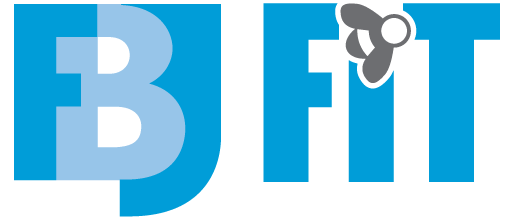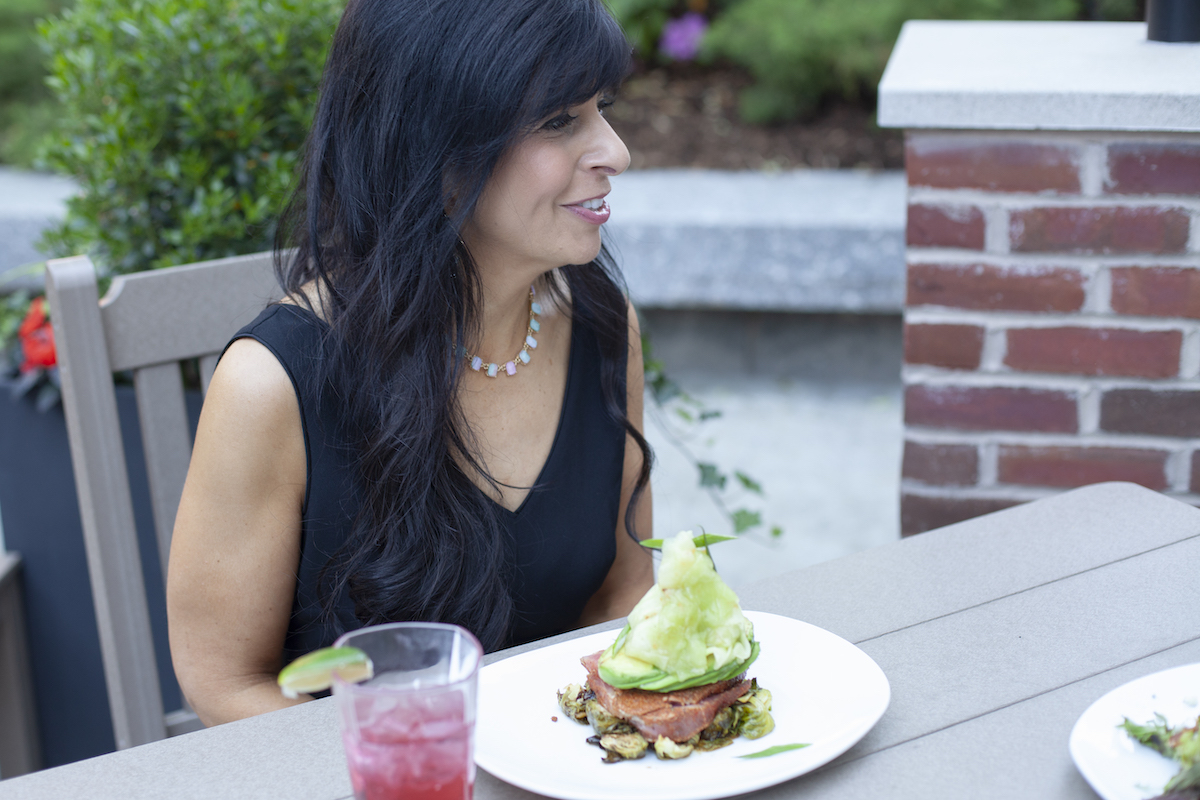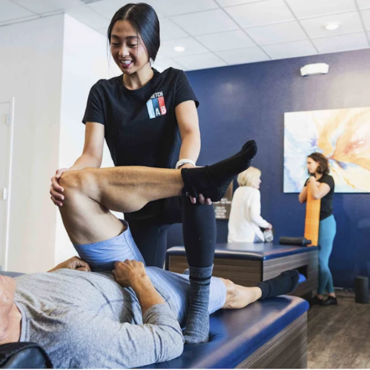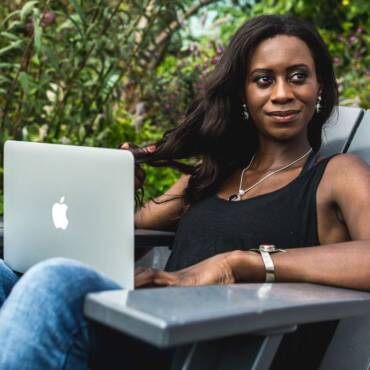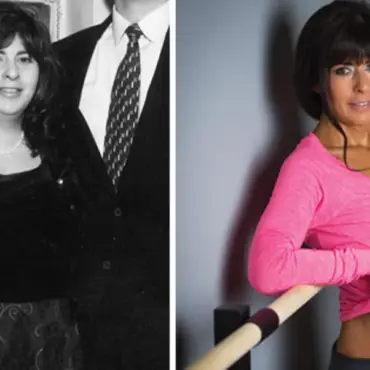It is an all too familiar scenario: You run into an old friend that you have not seen in a while and they look amazing! Your friend clearly lost a lot of weight and you can’t help yourself; you gush:
“You look incredible! How did you DO it?!”
Your friend excitedly shares her “secret” and tells you how she’s been on the “insert the latest trendy diet program here.”
Naturally, you race home and do a little research and purchase what you need in order to follow this shiny new Trendy Diet to the ‘T.’ You meticulously follow all the rules on what to eat or not eat but, over time, one of two things invariably happens:
- You try the diet and you don’t get the same results that she did.
OR
- You try the diet and have some success losing weight, but you find it impossible to stick with it, and eventually you gain all of the weight back, maybe even a little more.
This diet paradox is how the $72 Billion+ dollar diet industry thrives and continues to flourish. It is the textbook yo-yo diet cycle, and it is time to get off of the ride! What the diet industry banks on, and what most consumers fail to understand, is this: Whatever diet approach (or way of eating) you choose, it must be one that you can sustain and maintain for the rest of your life. For long term and lasting success, you must make it a lifestyle change that you love, or at least that you can accept as your new way of eating… forever.
Just ask Charlene Bazarian, who’s nearly 100-pound weight loss success story has been featured internationally:
“Like so many other women, while I was busy living my life, I was slowly and steadily gaining weight over the years. It was not that I wasn’t trying to lose the weight, because I had unsuccessfully tried almost everything I could to take pounds off.
It was not until a fateful day at a day spa, that I had my now infamous ‘Aha!’ moment. I had gone to the spa for a day of beauty and, when I went to change into the one size fits all robe I was given, I was mortified when it did not fit me. I was extremely embarrassed to have to return to the woman at the desk, who in my mind appeared very waif-like, and ask if they had a larger robe. After she reacted by just staring at me, for what seemed like a lifetime, I felt humiliated when she asked me several times to repeat myself. Up until that moment, I felt as though I had tried everything, from Atkins to Weight Watchers, to lose weight and nothing seemed to work. I swore to myself at that moment that I would never let myself feel like that again, and I began to learn all I could about fitness and weight loss.
I came to understand that there was no finish line or touchdown dance, and that I needed to make lasting, sustainable changes. What finally worked for me was incorporating lean proteins, leafy greens, complex carbohydrates, and healthy fats. I also learned that, for me, ‘moderation was for maintenance,’ and there were simply some foods that set me up for failure. I learned to choose occasional treats that I found were ‘worth it,’ rather than just mindlessly eating. I like to say, ‘It’s not about never having a cupcake, it’s about not always having a cupcake!’ I learned not to think of passing on a treat as a deprivation, but instead as a choice.”
If Charlene had treated her diet and exercise approach to losing those 100 pounds as a temporary thing, something to get through, and returned to her previous habits and behaviors after the weight was lost, there would be zero chance that the weight would have stayed off. She would find herself right back in the yo-yo diet cycle once again. Charlene, after her many failed attempts, learned to embrace and love how she eats and how she incorporates fitness into her lifestyle. She indulges mindfully, with pleasure and self-trust. This is simply who she IS now, and the results are evident in her ability to maintain her weight loss over the years.
Another key factor to be aware of is that some people are metabolically, genetically, and biochemically better suited for certain diet approaches than others. We are each bio-individually unique and, on a practical level, we also have different likes and dislikes, different cooking abilities, time constraints, budgets, and access to certain foods and facilities.
In my nutrition practice, I support women who are more insulin resistant, peri/menopausal, and generally more “weight loss resistant,” a term that basically means that no matter what they do, no matter how strict and disciplined they are with diet and exercise, they simply struggle to lose weight. When I first meet with a client, I work collaboratively with them to develop a personalized approach based on their health and diet history, their symptoms or laboratory markers, their goals and, most importantly, their personal preferences and abilities.
To make an approach sustainable, I help them map out an indulgence plan based on the food or drink pleasures they choose and those that work for their body, in a dose that delivers the experience and results they desire. This shifts the paradigm from one of fitting inside a predetermined box filled with restrictions, deprivation, struggle, and the pressure of constant perfection (the standard “diet mindset”), to one of empowerment, awareness, ease, and continuous learning. The conversation you have with a nutritionist should not be about “compliance” and being “good,” but more about connecting the dots, so to speak, making mindful choices where you are taking full responsibility for each choice and owning the results. This ownership of actions and consequences should come without self-judgement or a sense of failure, but instead with discovery, curiosity, connection, and the spirit of always learning and moving forward.
The next time you bump into an old friend and are considering trying their new diet trend, ask yourself, “Is this something I could see myself sticking to long-term?” If the answer is not a resounding, “YES!” then move on, it is not for you!
About the authors:
Evelyn D. is a board-certified CNS with a Master’s in Functional Nutrition. She empowers women in midlife to ditch diets, dogma and food rules so that they come into hormonal and weight balance using a simple, personalized nutrition framework and powerful mindset coaching tools providing freedom, pleasure, peace and ease around food, alcohol and their bodies FOR LIFE. Connect with her and find free resources at evelynd.com or on Instagram and Facebook: @evelyndnutritionist.
Charlene Bazarian is a fitness and weight loss success story after losing nearly 100 pounds. She mixes her no-nonsense style of fitness advice with humor on her blog at Fbjfit.com and on Facebook at FBJ Fit and on Instagram @FBJFit.
